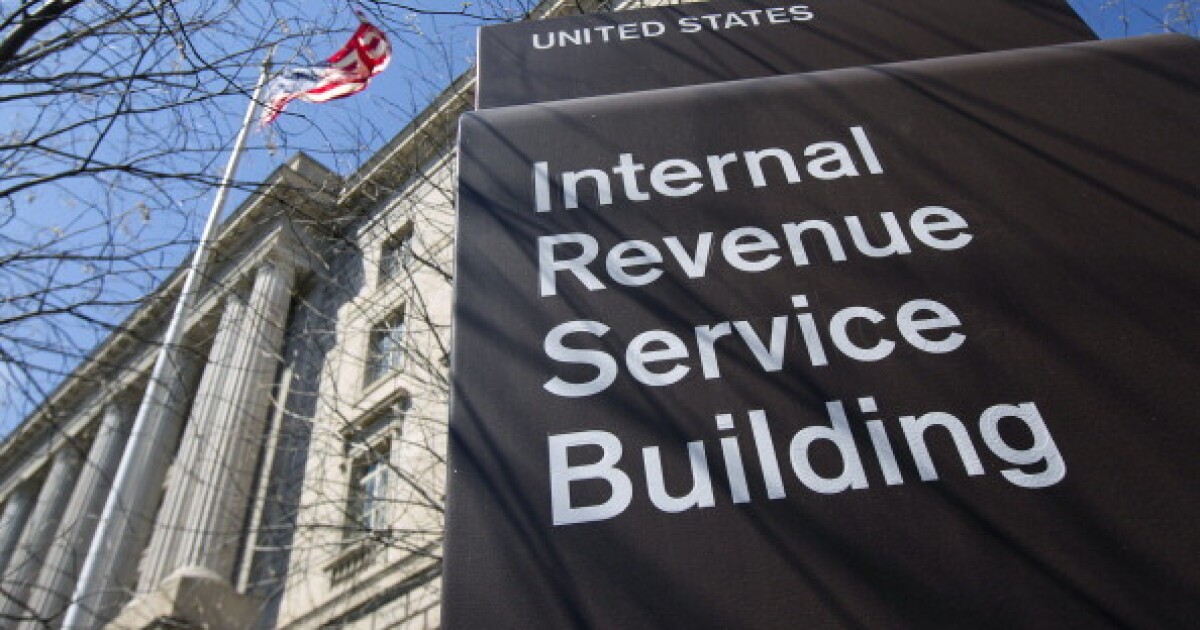Wall Street’s notorious culture of marathon workweeks is under fire due to talent burnout and a new generation of workers simply won’t stand for it. The accounting profession — grappling with both a shortage of talent and a generational shift in workplace expectations — needs to follow suit, and quickly.
Major investment banks, long known for their grueling work hours for junior talent, have begun to cap work schedules in response to mounting concerns over employee well-being. The shift is being driven by broad post-COVID workforce demands for a healthier work-life balance, and it’s prompting other industries to reassess their own practices.
Given the current crises facing the accounting industry, firms need to get on board too. And at some firms, this shift is already taking shape.
What’s happening on Wall Street is a good thing. Some firms are changing their email policies to now prohibit sending messages between 7 p.m. and 7 a.m. unless there’s a crisis. They’re also trying to curb weekend emails.
Financial institutions are starting to invest more in their people by offering better health and wellness benefits and paying for more robust professional development opportunities. Smaller institutions have become especially interested in offering talent more and better benefits.
The accounting industry has historically operated much like Wall Street banks do, meaning workers would often be expected to clock in 70+ hours a week. To the surprise of no one, those expectations have resulted in the extreme burnout we’ve seen in recent years, and has significantly contributed to the industry’s talent crisis.
Something is broken in the system. Between 2019 and 2021, 300,000 accountants quit their jobs, according to the Bureau of Labor Statistics. Many accountants have simply left public accounting to take in-house corporate roles, which offer more predictable schedules and greater work-life rhythms.
That labor exodus is about to get worse. Nearly 75% of working CPAs are nearing retirement age. If current hiring difficulties continue, that will deliver a catastrophic blow to the entire industry’s headcount in just a few years.
If accounting firms don’t start to address this crisis now, the industry will be looking at a massive talent shortage in what is a largely recession-proof business.
Smart accounting firms have begun to move away from the traditional partnership model, which requires team members to work back-breaking hours — but the payoff doesn’t happen until 15 to 20 years down the road when they are invited to join the partnership. That helps young accountants build a great nest egg for retirement, but younger workers don’t value secure retirement. Nor do they particularly long for country club membership or many other perks prioritized by previous generations of partners.
So, how can these companies create a new model that transforms the culture away from the outdated goal of making partners? Many are starting to offer their workers employee stock purchase plans right out of the gate, which gives people a greater stake in their firm’s outcomes at the beginning of their tenure.
Other firms are moving toward project-based or retainer-based pricing models, where clients pay by the project instead of being billed by the hour. This helps reduce the billable-hour mentality, which is necessary for true cultural transformation. As long as firms emphasize billable hours, it’s hard to change the mindset that 60+ hour weeks should be the norm.
Work-life rhythm plans that focus on setting career and life balance goals is a unique approach progressive firms are taking. Team members develop plans based on their individual goals and preferences. Plans are built with flexibility for customization for individual preferences — similar to professional development plans. These plans and adherence to them are considered as factors in determining bonuses, along with other factors such as client service and business development.
Yes, it’s a very different generation and a different world. Winning firms will adapt.
But there won’t be a single magic bullet solution. Work-life balance means different things for different people, so for employees who love 70-hour work weeks, limiting their hours and compensation will affect their zeal to work for your firm. Having individualized plans and evaluating employees based on how they use theirs can go a long way in building a culture that honors life outside of work.
Now, what we don’t know yet is how far reforms like these will go toward improving retention rates and ultimately attracting the next generation of accounting talent. What we do know is that very few younger/future employees want 90-hour work weeks. Healthy work-life rhythms matter to them, and they want to engage more outside of work.
This generation also doesn’t seem to have the same competitive spirit that previous generations have had, which is why the biggest drop-off in talent tends to occur when people are about to be promoted into the manager level. After spending years putting in many hours, they either burn out or — and this is especially true for female accountants who have children — they can’t see a pathway that’s conducive to both career and family so they leave the profession.
It’s critical that the accounting industry avoid the looming talent cliff that is fast approaching. Firms should continue to follow the lead Wall Street is setting while also innovating to make the industry-specific changes that will keep the current shortage from turning into a lost generation.
Design work requirements and compensation systems that make your most junior employees feel energized and valued. If you do that during their first 10 years with your firm, retention will improve, and attracting new talent will become your competitive advantage.


 Economics1 week ago
Economics1 week ago
 Personal Finance7 days ago
Personal Finance7 days ago
 Accounting1 week ago
Accounting1 week ago
 Economics1 week ago
Economics1 week ago
 Blog Post4 days ago
Blog Post4 days ago
 Economics1 week ago
Economics1 week ago
 Economics5 days ago
Economics5 days ago
 Personal Finance7 days ago
Personal Finance7 days ago












